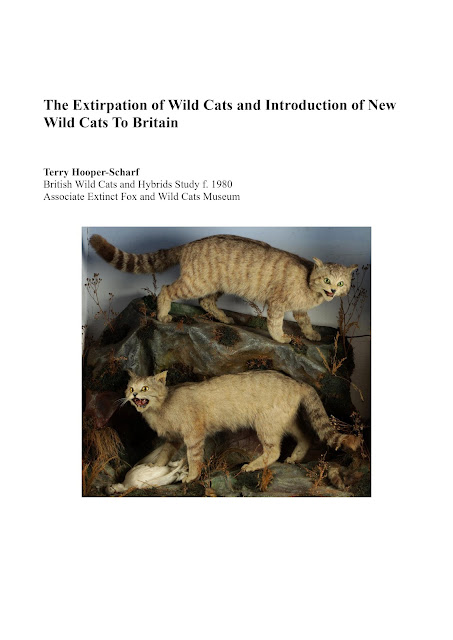I keep getting asked that but the problem is that businesses tend not to be interested in wildlife issues or supporting wildlife work. There is no financial reward that they can see and so it's just "ignore it".
I have seen over and over again businesses calling pest control companies to trap and kill foxes and young cubs. Everything from small businesses to big, international companies. This brings in negative publicity and pretty soon, with fox now being suggested for Red Listing as endangered, that negative publicity is set to increase. The money a company pays pest controllers (who should not be trapping and killing foxes -and those that do need as much bad publicity as they can be given) can hire Fox-a-Gon https://fox-a-gon.co.uk/
"Fox-A-Gon® is a nationwide, humane deterrence service for individuals, companies and organisations who are being troubled by foxes but wish to resolve the problem without harming the culprits. We believe there is not only always an alternative to causing suffering or death but also far more effective, non-lethal methods of deterring them.
Foxes are protected under a series of wildlife protection laws. Poisoning, gassing, asphyxiating, maiming, stabbing, impaling, drowning, clubbing and most forms of snaring are a criminal offence, with anyone carrying out such acts subject to 6 months imprisonment and/or a £5,000 fine per animal.
It is an illegal offence to trap and relocate a fox from its’ territory without a soft release process in place, this takes weeks to months to complete. Foxes, like all wild animals, will not be accepted at a sanctuary if they do not have a need for medication and rehabilitation.
The fox is sometimes referred to as vermin, but it is not, and never has been categorised as such by the Department for Environment, Food and Rural Affairs (DEFRA).
The majority of complaints involving urban foxes include digging holes in garden lawns and flower beds, fouling in gardens, bringing in rubbish to garden areas, discolouring lawns, biting through garden light cables and irrigation pipes, fouling in school playgrounds and digging holes in sports fields."
I have heard fro0m schools that have foxes in their grounds and Health and Safety has made it clear to them that foxes are no threat to pupils or adults. Schools that employ pest control or illegally remove foxes and cubs and destroy dens will be reported for committing wildlife crime and, again, as much bad publicity as possible will be given.
As far as businesses go there is the publicity benefit of taking "a positive stance on protecting wildlife and the environment". That is worth a few thousand pounds in good publicity. A policy to call in relocation experts is better from every angle than calling in pest controllers (who say they release trapped foxes but kill them anyway).
Businesses can also get great publicity by supporting wildlife rescuers and charities -rescues and wildlife hospitals. For instance donations can cover everything from the expensive veterinary treatments, equipment as well as wildlife medications such as mange treatments and antibiotics and so much more.
Of course there has to be the inclination with businesses to contribute toward the community and environment in the first place and for there to be that inclination and wish to actually set about building a legacy that gets them noticed is, seemingly, a rare thing amongst businesses.
I am quite willing to be proven wrong.















